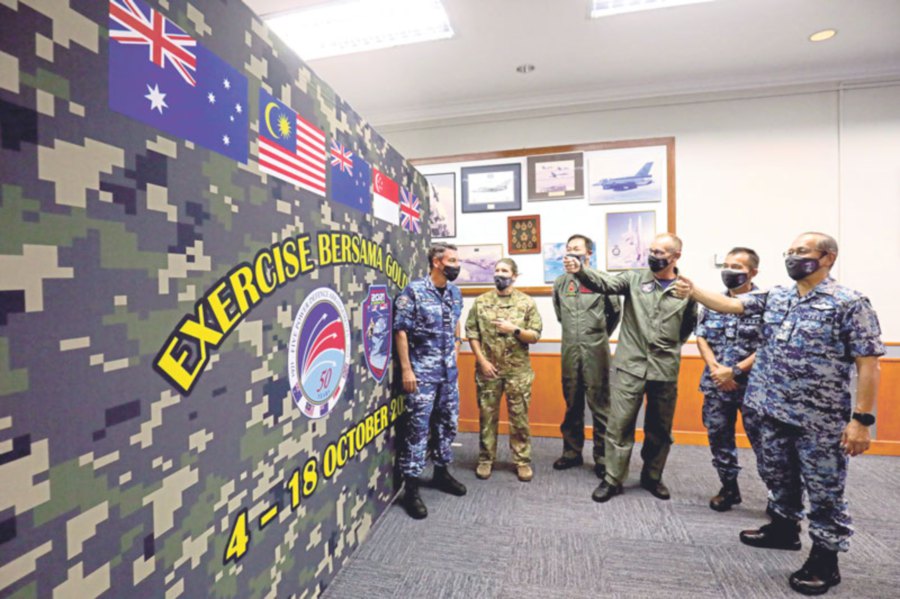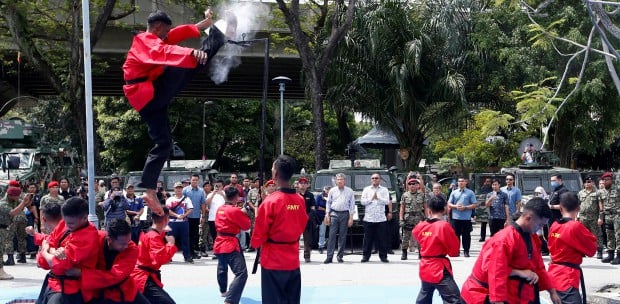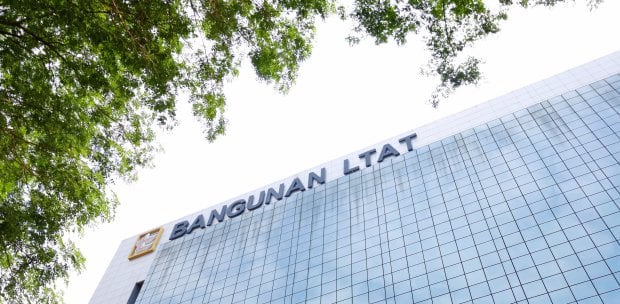THE Five Power Defence Arrangements (FPDA) was established in April 1971 with the purpose of replacing the existing Anglo Malaysia Defence Agreement (AMDA).

The purpose of FPDA was to afford a security umbrella and capacity building assistance for Malaysia and Singapore amidst the backdrop of the Cold War and the deteriorating situation in South Vietnam.
This was all the more pertinent as Singapore was developing its Armed Forces after attaining independence while the Malaysian Armed Forces was primarily organised, trained and equipped for counter-insurgency operations against communist terrorists.
The simultaneous creation in 1971 of the Joint Consultative Council provided the strategic direction for the arrangement while the Air Defence Council coordinated air defence coverage which was the Achilles' Heel for both countries.
The feasibility of FPDA in providing the security umbrella for both Malaysia and Singapore actually predated the establishment of the arrangement through the conduct of Exercise BERSATU PADU in 1970 on the East Coast of Peninsular Malaysia where three brigades, 43 ships and 200 aircrafts from all member states were involved in the biggest manoeuvre ever conducted in the country then.
The arrangement also agreed in the setting up of the Headquarters of the Integrated Air Defence System (HQIADS) at the Butterworth Air Base to coordinate airspace security and conduct air defence exercises in both Malaysia and Singapore airspaces.
The formalisation of the FPDA and its subordinate councils heralded a myriad of exercises and a plethora of activities to further empower its capabilities.
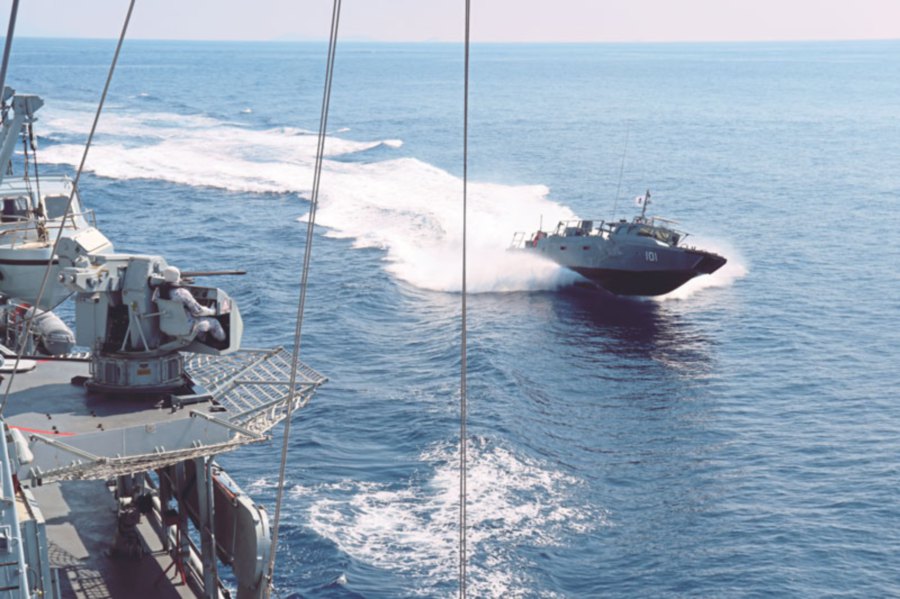
Whilst no stone was left unturned to develop the security umbrella provided by FPDA, the Malaysian Armed Forces embarked on a major move to attain conventional capabilities apart from its traditional counter-insurgency capacities.
Similarly, the development of the Malaysian Armed Forces into a capable conventional force was assisted, by no small measure, through the allocation of courses, conduct of training and exercises, and people-to-people interactions under the purview of FPDA.
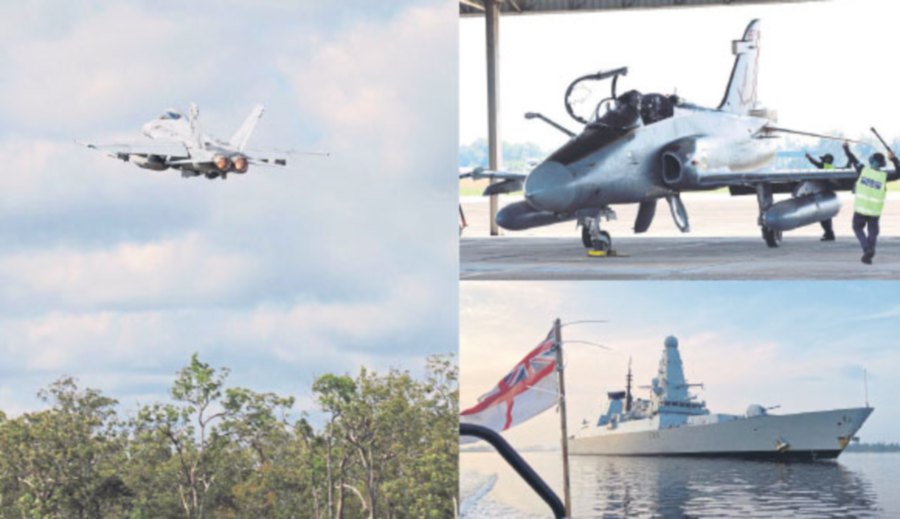
In the first decade of the FPDA, exercises between member countries were specifically on air defence.
Naval and land exercises were included in the 1980s, thus expanding FPDA's capacity building endeavors into other domains apart from aerospace.
It was also during this period that the Malaysian Armed Forces managed to transform itself into a capable conventional force thereby affording more active participation in these exercises.
Despite the end of the Cold War in the 1990s, FPDA continued to intensify its range of exercises introducing manoeuvres encompassing more than one domain in the BERSAMA LIMA series.
On the same score, FPDA has also identified the threat emanating from non-traditional security challenges of which maritime security, counter-terrorism and Humanitarian Assistance and Disaster Relief were included in the series of exercises since 2000.
In addition, the five member nations are also in the early stages of considering the scope of defensive cyber security operations in the context of FPDA.
To further ensure that multi-tiered engagements are conducted effectively, FPDA committees were restructured to also include the FPDA Defence Chiefs Conference (FDCC) since 1997 thus providing the vital platform for the Chiefs of Defence Force from member states to deliberate on professional issues and provide vital directions on the conduct of military activities.
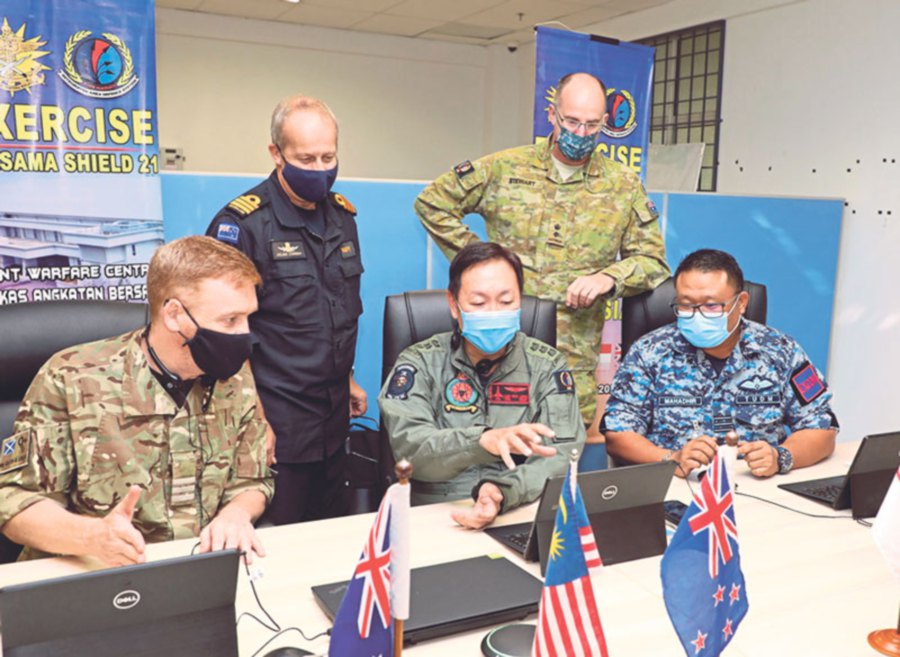
On the same score, HQIADS was transformed in 2011 to become the Headquarters of the Integrated Area Defence System thus encompassing all domains of conflict as opposed to only Air Defence which it was tasked to oversee since inception.
It was indeed the vision and pragmatism of our forebearers that afforded FPDA the ability to transform itself in a global and regional geostrategic landscape that is heavily influenced by volatility, uncertainty, complexity and ambiguity.
The concept of remit, relevance and reassurance being the guiding principles for the 50th Anniversary Stock-take will be the impetus to take FPDA into the next 50 years.
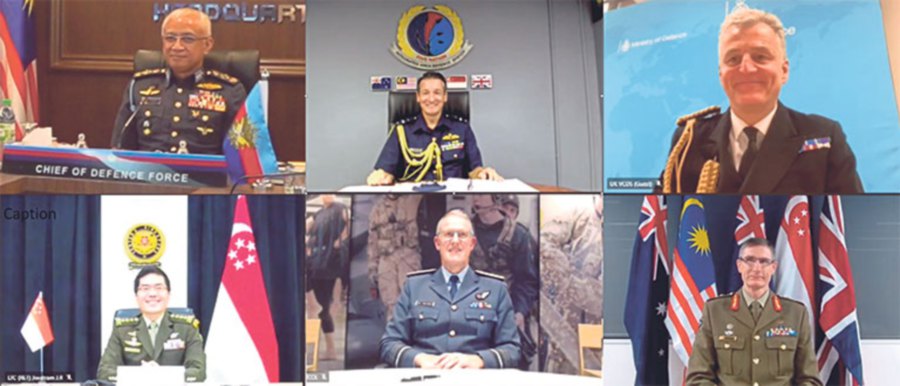
Needless to say, that FPDA and its security umbrella allowed the Malaysian Armed Forces valuable time and space to transform from a counter-insurgency organisation to a conventional force.
It presented generations of Malaysian Armed Forces personnel with invaluable knowledge and skills by offering courses and awareness to enhance professionalism, and most importantly maintained a posture that afforded the much needed deterrent in an increasingly challenging environment.
As FPDA evolves to face the ever-changing circumstances, global and regional security challenges are transforming rapidly at breakneck speed.
We are today confronted by traditional and non-traditional security threats waged by both state and non-state actors. Hybrid warfare is a reality that will inevitably challenge the raison d'etre of the FPDA sooner or later.
In this sense, as the saying goes "the future is not for the faint-hearted". As such, we take comfort in looking upon 50 years of capacity development, half a century worth of confidence building and five decades of strong camaraderie from a tried and tested arrangement to be the bulwark in facing future security challenges.
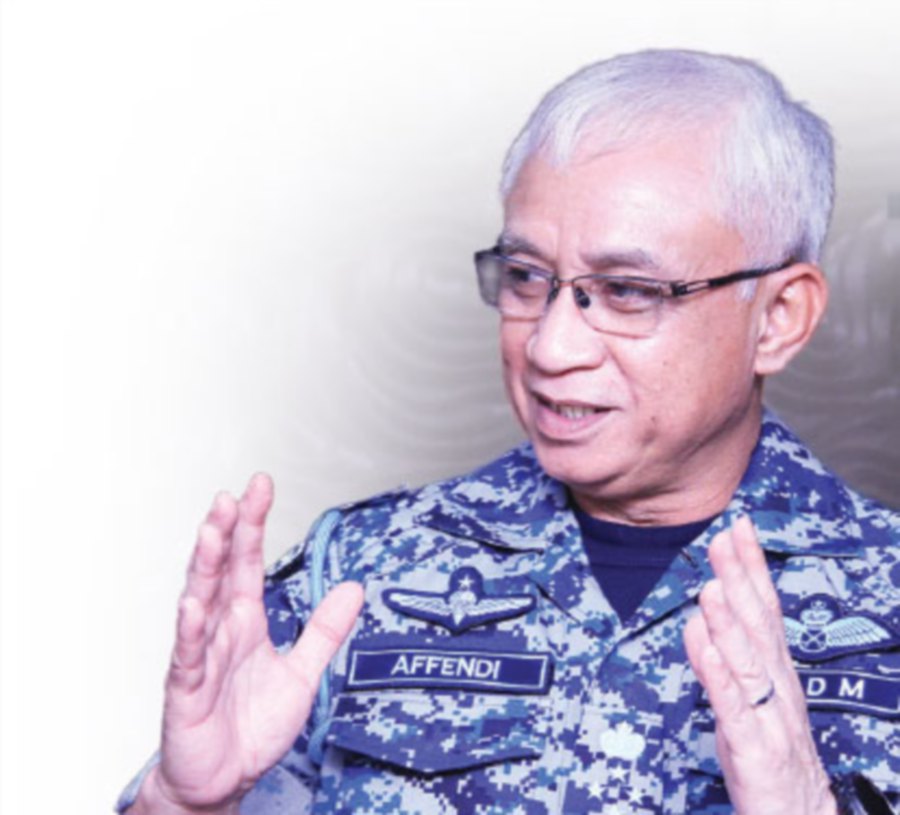
Gen Tan Sri Affendi Buang RMAF is the Malaysian Armed Forces chief.


